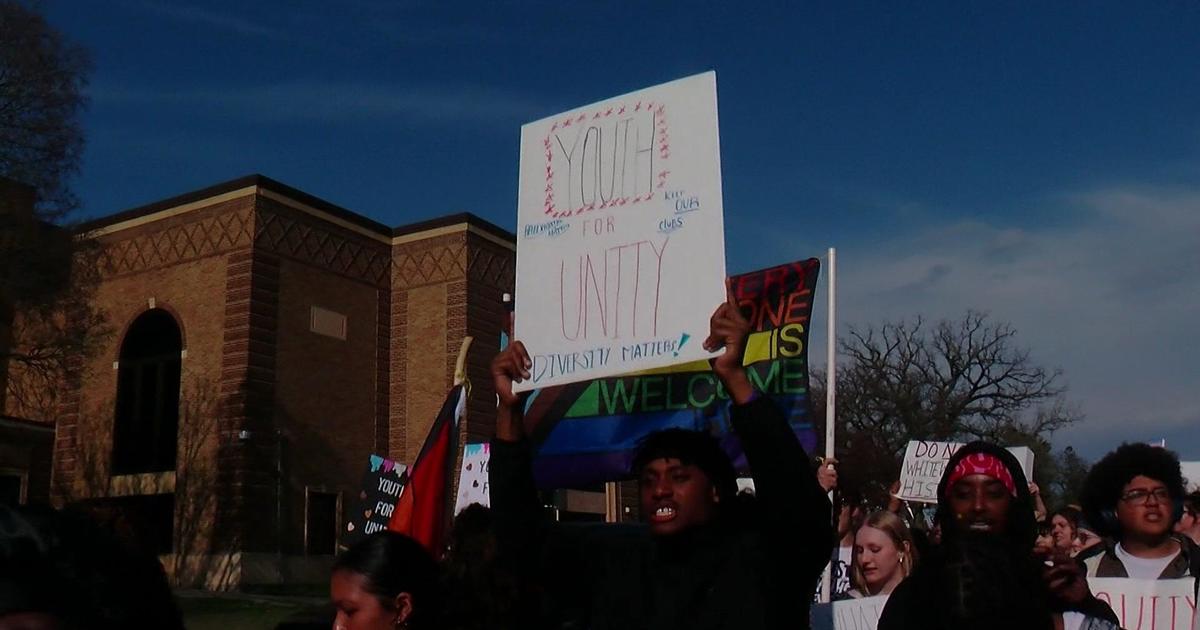Walker's Cuts To SeniorCare Could Leave Some Struggling
MADISON, Wis. (AP) — Wisconsin's older residents say Gov. Scott Walker's proposal to cut funding for the SeniorCare drug program could leave them struggling to make ends meet.
The proposal would require SeniorCare enrollees to first sign up for Medicare Part D prescription drug program and use state benefits under SeniorCare as a supplement. The cut could save the state $15 million over the next two years.
Walker resurrected the plan in his budget proposal last week. The Legislature rejected the idea in 2011 with bipartisan opposition.
"They talk about going from steak to hamburger, but at this age most of us are already at hamburger and we're looking at going without," said 73-year-old Judith Joslin-Crary.
For Joslin-Crary and her husband Richard Crary, 86, of Beloit, losing funding from SeniorCare could mean making significant cuts or dialing back on doses of their prescriptions to manage.
Joslin-Crary said the two are on SeniorCare as well as Medicare Part D, which the couple uses to help cover the costs of the six prescriptions between them. She said they sold their house and moved into a condo for additional savings, but she worries that their savings won't last.
If one of them had a significant medical emergency it could wipe out their nest egg and they might have to sell the condo, she said.
"You jump for joy when you have a program like SeniorCare come along and you just cross your fingers and you hope that they don't mess with it," she said.
SeniorCare serves about 85,000 residents older than 65. Enrollees pay an annual $30 fee and deductibles are based on their average income. After the deductible, the program has a co-pay of $5 for generic drugs and $15 for name-brand drugs. Supporters say the state program is both less expensive and easier to enroll in and understand than Medicare Part D. Because SeniorCare is an alternative to Medicare Part D, thousands of seniors not yet enrolled in the federal program would be asked to switch and could face higher fees.
Walker did not mention the change in his budget address to the Legislature, which was broadcast statewide, last week.
"It's not about changing benefits. It's ultimately about changing who pays for it," Walker said in defense of the plan when asked about it. "In this case it means the federal government will pay for it like they do elsewhere."
Helen Marks Dicks, a state lobbyist for AARP, on Friday said she fielded concerns about the measure.
"It is not a good budget for seniors," Marks Dicks said. "People are going into panic mode."
Rep. Andy Jorgensen, D-Milton, launched a petition Wednesday to drop the proposal from the budget, just as he did when the governor proposed the cut in 2011. That year, Democrats rallied against Walker's proposed changes to the program, and presented petitions that they said contained 14,000 signatures in support of keeping the program as it was. Republican leaders also didn't support the governor's changes.
Jorgensen said Walker is inconsistent in his willingness to accept federal dollars for Medicare Part D. Walker has on multiple occasions refused to accept federal dollars from Medicaid.
"The hypocrisy is piping hot on this one," Jorgensen said.
Walker's office did not respond to a request for comment Friday.
(© Copyright 2015 The Associated Press. All Rights Reserved. This material may not be published, broadcast, rewritten or redistributed.)



